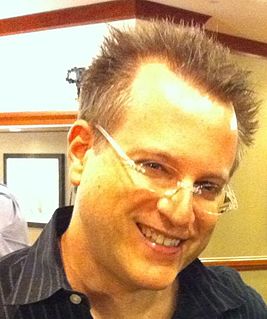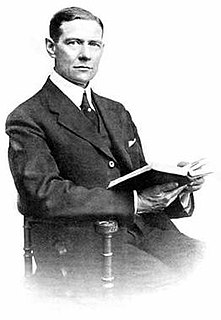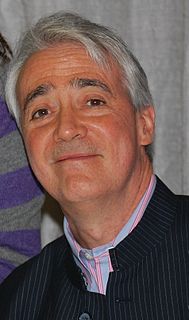A Quote by Gian-Carlo Rota
If we have no idea why a statement is true, we can still prove it by induction.
Related Quotes
The kind of knowledge which is supported only by observations and is not yet proved must be carefully distinguished from the truth; it is gained by induction, as we usually say. Yet we have seen cases in which mere induction led to error. Therefore, we should take great care not to accept as true such properties of the numbers which we have discovered by observation and which are supported by induction alone. Indeed, we should use such a discovery as an opportunity to investigate more exactly the properties discovered and to prove or disprove them; in both cases we may learn something useful.
The extraordinary fact is that the first idea I had which motivated me, that worked, is conjecture, a mathematical idea which may or may not be true. And that idea is still unproven. It is the foundation, what started me and what everybody failed to **** prove has so far defeated the greatest efforts by experts to be proven.
It is time, therefore, to abandon the superstition that natural science cannot be regarded as logically respectable until philosophers have solved the problem of induction. The problem of induction is, roughly speaking, the problem of finding a way to prove that certain empirical generalizations which are derived from past experience will hold good also in the future.
[It's] troubling because it reminds us how difficult it is to prove anything. We like to pretend that our experiments define the truth for us. But that's often not the case. Just because an idea is true doesn't mean it can be proved. And just because an idea can be proved doesn't mean it's true. When the experiments are done, we still have to choose what to believe.
All religions, plainly and simply, cannot be true. Some beliefs are false, and we know them to be false. So it does no good to put a halo on the notion of tolerance as if everything could be equally true. To deem all beliefs equally true is sheer nonsense for the simple reason that to deny that statement would also, then, be true. But if the denial of the statement is also true, then all religions are not true.
What is the result of our investigation of the Moslem idea of God? Is the statement of the Koran true, "Your God and our God is the same"? In as far as Moslems are monotheists and in as far as Allah has many of the attributes of Jehovah we cannot put Him with the false gods. But neither can there be any doubt that Mohammed's conception of God is inadequate, incomplete, barren and grievously distorted. It is vastly inferior to the Christian idea of the Godhead and also inferior to the Old Testament idea of God.






































